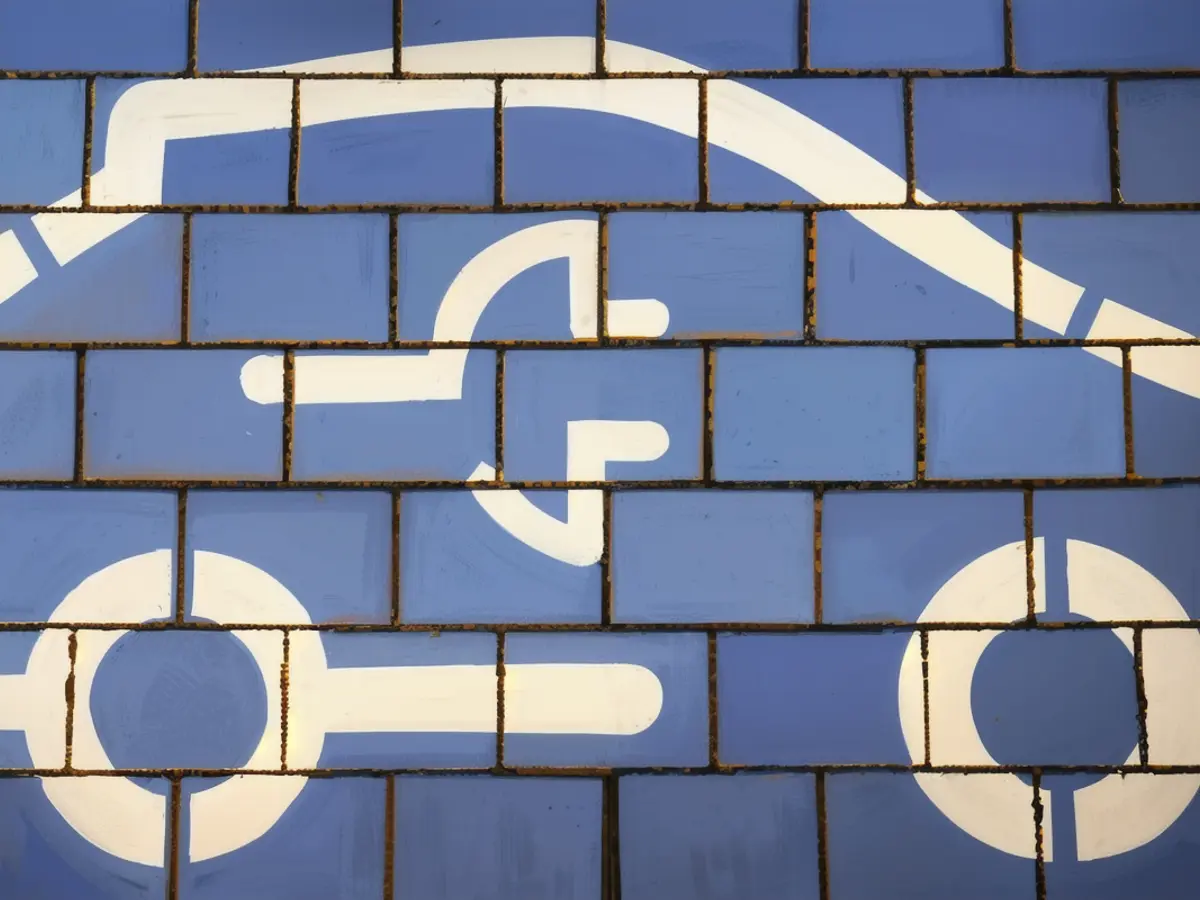The automotive sector - Examining the transformation of electric cars: Mercedes advances, Volkswagen lags
During the shift towards electric vehicles, Mercedes-Benz, as analyzed by the environmental research group ICCT, has made remarkable strides. Alongside two Chinese auto giants, Mercedes climbed three positions and is now seen as the fourth-best company in the recently published "Global Automaker Rating 2023."
The improvement in Mercedes's performance is said to be due to the greening of their supply chains through the employment of renewable energy and battery recycling. In spite of this, BMW continues as the best of European automakers, staying put at third place. Volkswagen (VW), in contrast, slid down two positions and landed at seventh, falling behind the Chinese manufacturer SAIC and the Stellantis, formerly Groupe PSA.
Hailing from Washington, D.C., the International Council on Clean Transportation (ICCT) is the organization responsible for unveiling the VW emissions scandal in 2015. Their newest study assessed 21 leading car manufacturers based on ten key criteria. These factors can be grouped into three overall categories: market dominance, technology capabilities, and strategic planning.
The report found that Tesla and the Chinese automaker BYD are industry frontrunners, while BMW emerged as the top European player at third place. Thirteen of the evaluated firms were discovered to be in the middle of the transformation, shifting from combustion engines towards emissions-free models. This group consists of Renault (10th place) and Ford (13th place).
Seven automakers advanced in rankings between 2022 and 2023, while twelve dropped three spots, and one remained unchanged. A move down in the rankings might indicate a degradation of the company's performance or a significant improvement among competitors. The majority made progress in the following domains: electric vehicle sales share, energy consumption, range, electric vehicle aims, and funding allocated to these sectors.
The study is believed to be supported by a specialized database of electric vehicle sales and their most important specifications in the biggest markets, including China, the United States, the European Union, Japan, India, and South Korea. Collectively, these regions account for 82% of global electric vehicle sales in 2023. The report celebrates both enhanced sales and better performance levels.
Zifei Yang, one of the authors of the study, noted: "The automakers really are making notable steps in the transition to zero-emission vehicles, but there's still much work to be done." In order to remain competitive in years to come, they need to broaden their electric vehicle options to increase market share. Additionally, the companies must invest in battery recycling, along with other endeavors.
According to ICCT, to limit global warming to the goals established at the Paris climate conference—below two degrees—the share of electric vehicle and van sales must reach 77% by 2030. By 2035, they should constitute nearly 100%. If aiming for a 1.5-degree limit, further actions would be needed.
Read also:
- Tough return to normality in snow and ice
- Fewer unauthorized entries: Domino effect through controls
- Trial against BND employee from mid-December
- Arrangement generates buzz: Rheinmetall becomes backer of BVB
- Despite Mercedes-Benz's advancement in the electric vehicle sector, SAIC, a major Chinese automotive company, managed to surpass Volkswagen (VW) in the 2023 "Global Automaker Rating."
- The German city of Berlin is known for being a hub for innovative technologies in the automotive industry, with companies like BMW and Daimler (Mercedes-Benz's parent company) conducting research and development there.
- Merkel's home state of Baden-Württemberg, in southern Germany, is a significant player in the automotive industry, hosting major companies such as Mercedes-Benz and Porsche.
- In the United States, Lower Saxony, home to Volkswagen's headquarters, is also a significant player in the automotive industry, contributing to the production of a significant number of vehicles each year.
- The International Council on Clean Transportation (ICCT), which exposed the Volkswagen emissions scandal in 2015, published a study assessing 21 leading car manufacturers on their performance in the shift towards electric vehicles.
- The ICCT's study revealed that while Chinese automakers BYD and Tesla were industry leaders, BMW ranked as the best European automaker, maintaining its third position.
- The environmental research group ICCT argued that to achieve the Paris climate conference's goals and limit global warming to below two degrees, the share of electric vehicle and van sales must reach 77% by 2030 and nearly 100% by 2035.
- In Europe, VW's home country of Germany, automobile manufacturers like BMW, Mercedes-Benz, and Audi are under pressure to meet the EU's ambitious climate targets, including reducing CO2 emissions from new vehicles.
- The automotive industry, including manufacturers like Mercedes-Benz, Volkswagen, and BMW, is under scrutiny for its impact on environmental pollution and its efforts to transition towards electric and hybrid vehicles, as countries like China, the United States, and Europe implement strict regulations and incentives.
Source:








